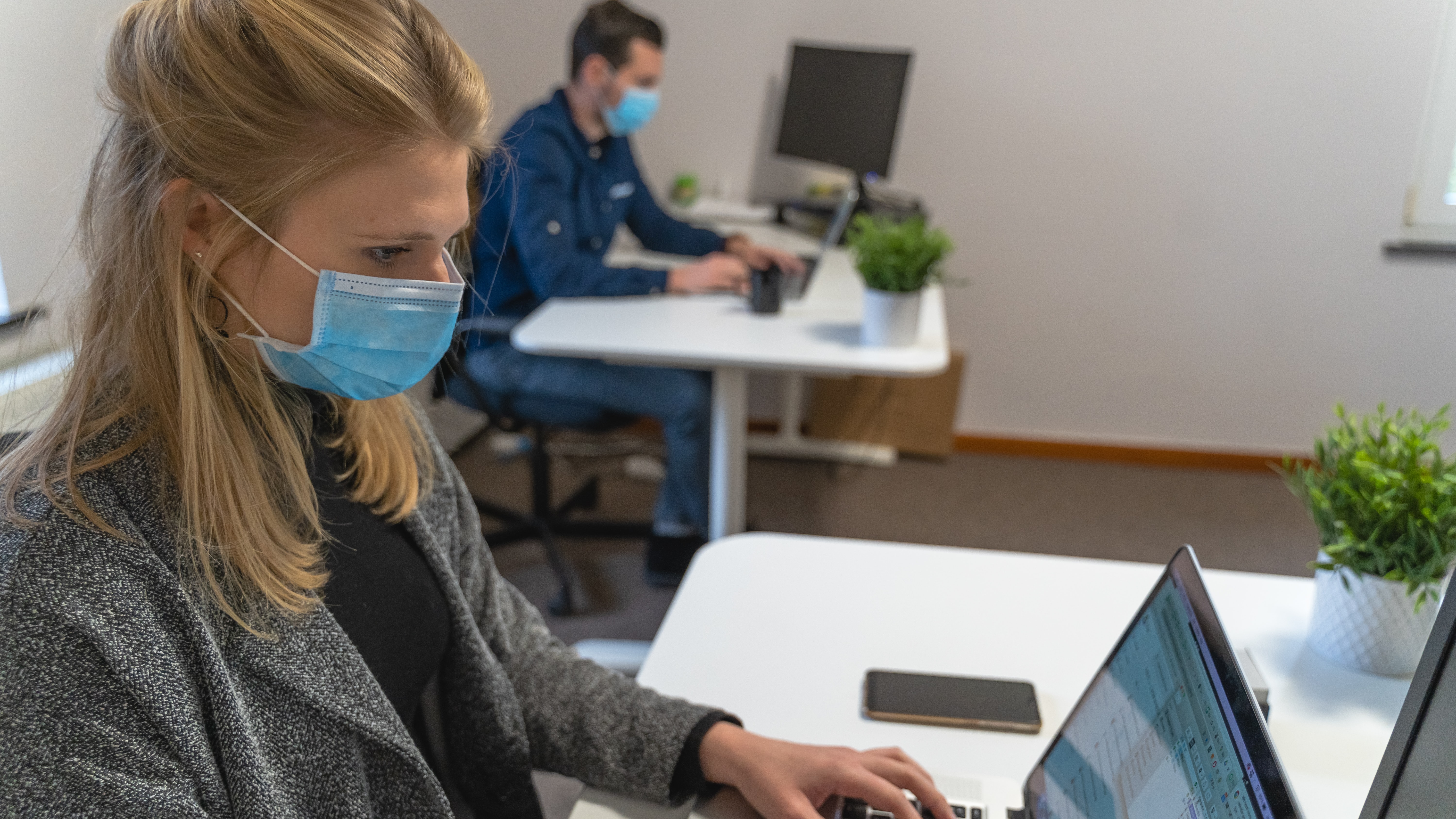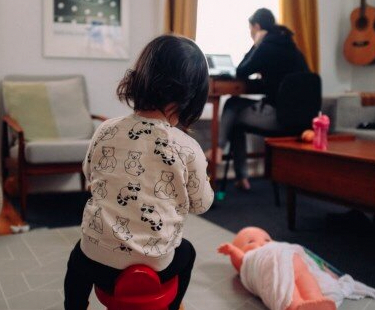Psychological Safety in Hybrid Work
The hybrid work environment is becoming standard for knowledge workers, and managers across all industries must remain flexible and open to developing the way they engage with and support their distributed teams.
Posts about:

The hybrid work environment is becoming standard for knowledge workers, and managers across all industries must remain flexible and open to developing the way they engage with and support their distributed teams.

Over at Regroup, we sat down with Ian Stuart, Director of Learning and Development at Coursera, to uncover the lessons he's learned about developing and supporting teams amidst the complexity of remote work. Previous to his 4-year tenure building the Learning & Development function at Coursera, Ian was at Google for over 13 years doing team/organization effectiveness consulting and leadership development. Hopefully his insights help you find new ways to empower teams & help them get unstuck.

Google’s multi-year research project studying team effectiveness, Project Aristotle, revealed that the number one element of successful teams is Psychological Safety. Psychological safety is the shared feeling that it’s safe to speak up, admit a mistake, ask for help, or challenge the status quo. When a team with shared goals is working in an environment with uncertainty, these qualities enable them to discuss difficult topics, hear feedback, explore new ideas, and learn from failure. Psychological safety is the foundation of trust and teaming behaviors. Without it, we are each just posturing for approval.